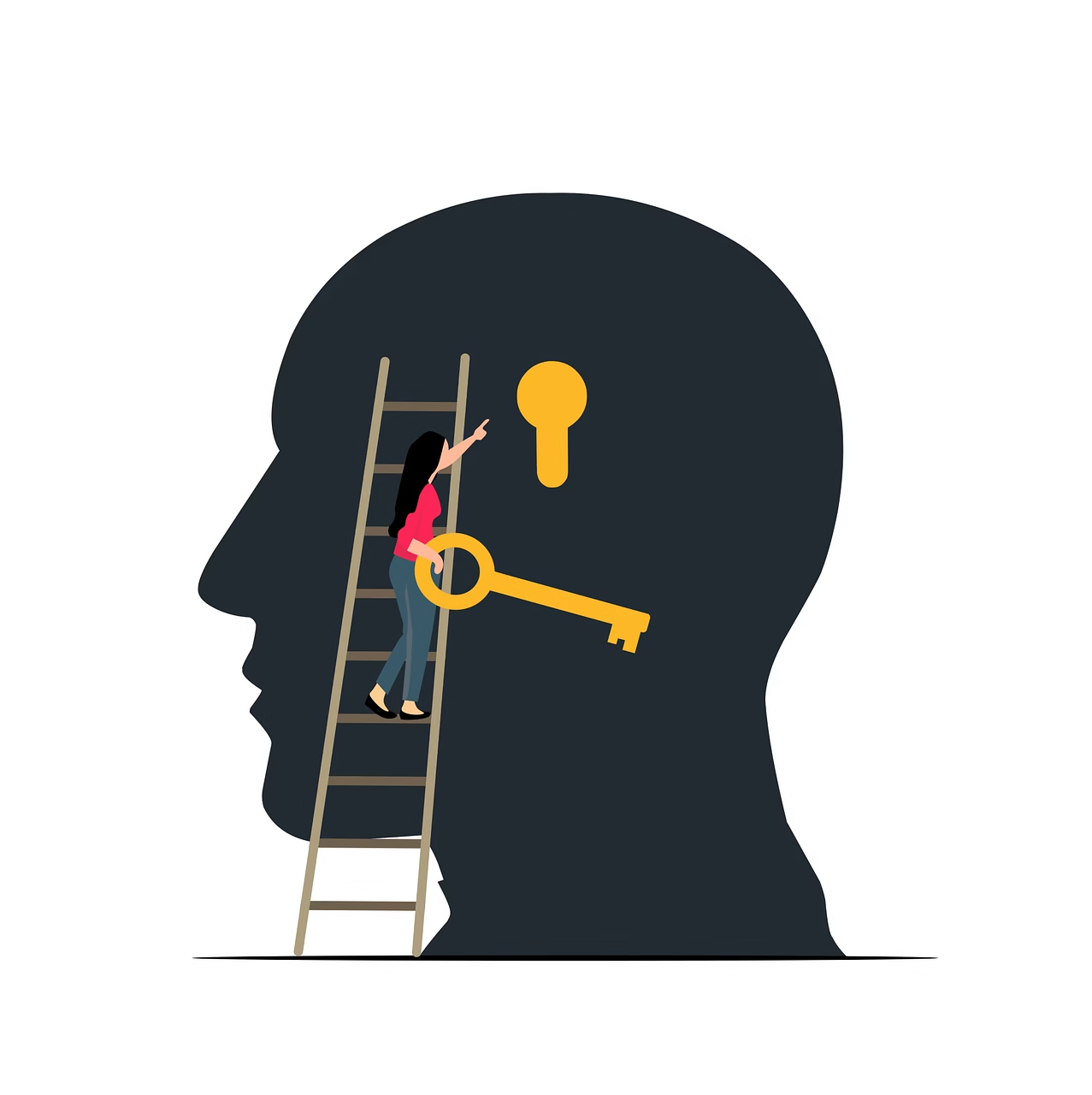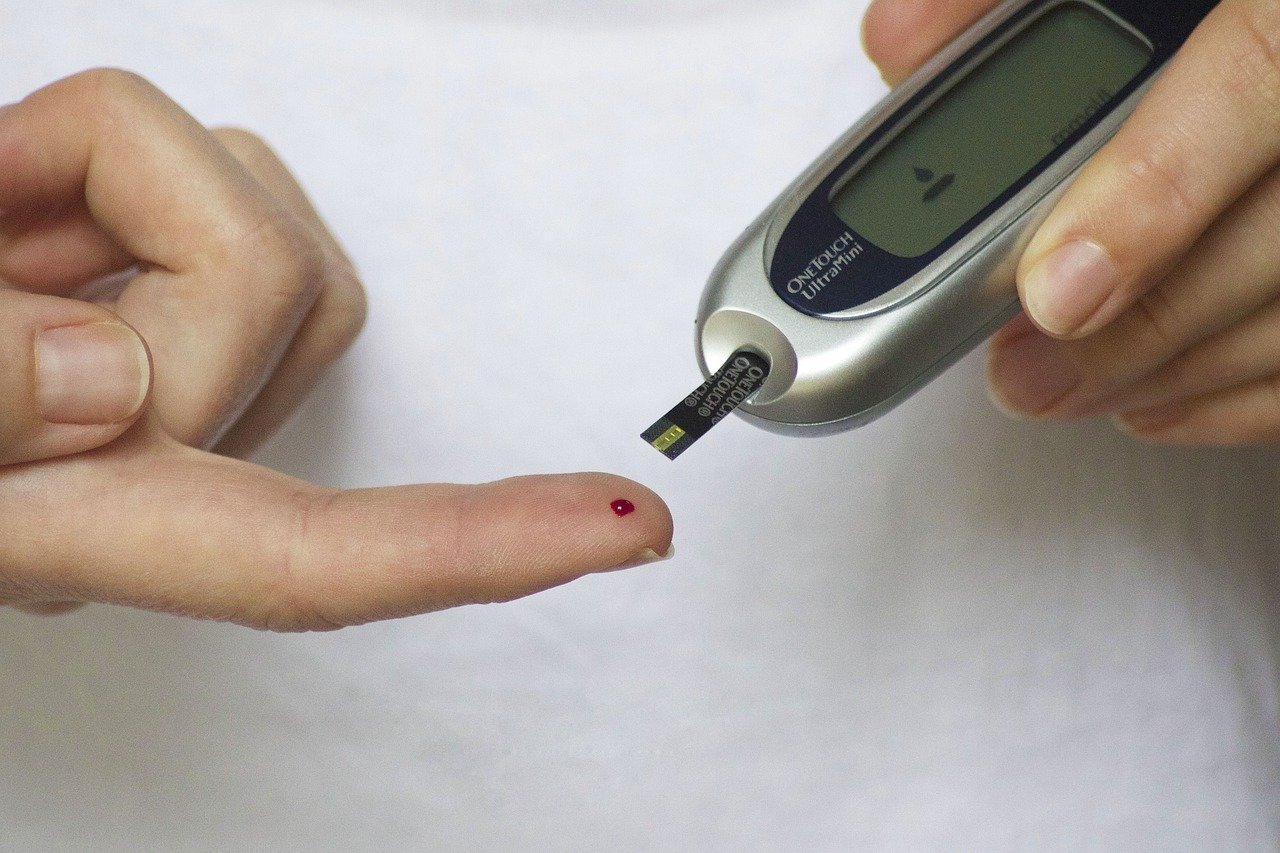Ketamine, once developed as an anesthetic in the mid-20th century, is now being studied for its potential to rapidly relieve symptoms of mental health conditions. While the FDA has officially approved a nasal spray form of ketamine (esketamine, Spravato®) for treatment-resistant depression, growing evidence suggests it may also benefit individuals struggling with anxiety especially when traditional treatments have failed.
How Ketamine May Help with Anxiety
Anxiety disorders are among the most common mental health conditions, yet up to half of patients find little relief with standard medications. Ketamine offers a new approach.
- Brain chemistry reset: Ketamine acts on glutamate, the brain s most abundant neurotransmitter, which plays a role in mood, memory, and learning.
- Supports neuroplasticity: By enhancing the brain s ability to form new pathways, ketamine may help patients break free from cycles of negative thought patterns and excessive worry.
- Faster onset: Unlike traditional medications that may take weeks, ketamine can begin easing anxiety symptoms within hours.

Treatment Options
Ketamine can be administered in different ways, depending on medical supervision and goals of care:
- IV infusions: Delivered directly into the bloodstream in a controlled clinic setting.
- Intramuscular (IM) injections: A single dose injected into a large muscle, also performed in clinics.
- Nasal spray (Spravato®): FDA-approved for depression, sometimes used off-label for anxiety, always under professional supervision.
- Oral/sublingual lozenges: Used off-label for maintenance between in-clinic sessions, though typically considered less potent than IV or IM methods.
Effectiveness
Research on ketamine for anxiety is still emerging, but findings are promising:
- Generalized Anxiety Disorder (GAD) & Social Anxiety: Studies show reductions in symptoms such as panic, irritability, and restlessness, sometimes lasting up to two weeks after treatment.
- Phobias: Small trials suggest ketamine may reduce the intensity of specific fears.
- Obsessive-Compulsive Disorder (OCD): Some patients experience rapid, though often temporary, symptom relief.
When combined with therapy, ketamine appears even more effective, helping patients not just feel better in the short term but also address underlying causes of anxiety.
Possible Side Effects
At the low doses used for anxiety, ketamine is generally well-tolerated. Still, side effects can occur, such as:
- Nausea or dizziness
- Short-lived dissociation (feeling out of body )
- Increased heart rate or blood pressure
- Blurry or double vision
- Sleepiness or fatigue
Because of these effects, patients are monitored during treatment and advised not to drive until the following day.
Ketamine may not be recommended for people with uncontrolled high blood pressure, heart disease, a history of psychosis, or certain substance use concerns. A full medical evaluation is essential before starting treatment.
Getting Started with Ketamine Therapy
If you’re considering ketamine for anxiety:
- Consult a qualified provider Ketamine should only be administered with medical oversight.
- Expect a personalized plan Dosing, frequency, and integration with therapy are tailored to each patient.
- View it as part of a bigger picture Ketamine can provide rapid relief, but long-term progress comes from combining it with therapy and healthy lifestyle strategies.
Key Takeaway
Ketamine therapy represents a promising option for individuals whose anxiety hasn’t improved with standard treatments. By targeting brain chemistry in a novel way and supporting neuroplasticity, it may offer both rapid relief and a foundation for lasting change especially when paired with therapy and holistic care.




